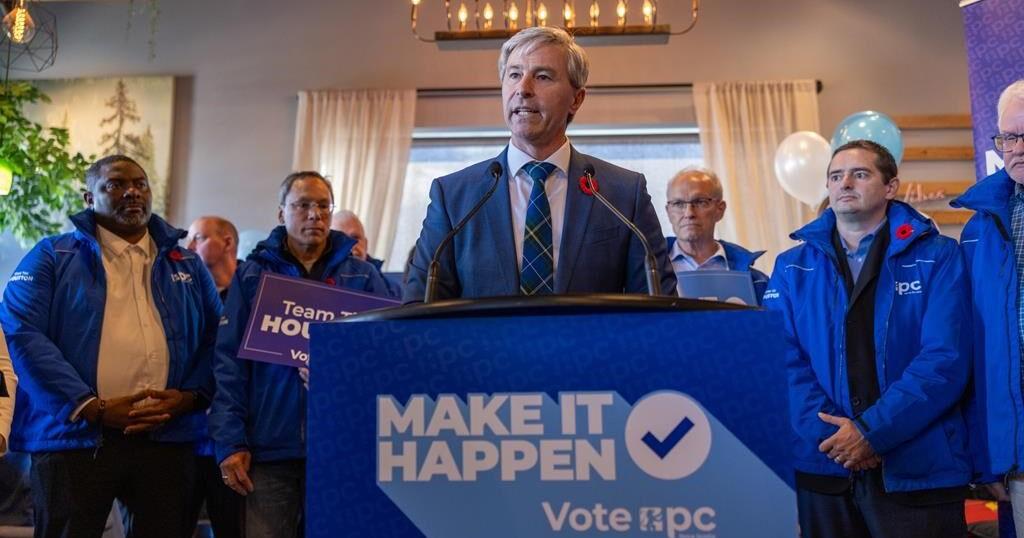Vancouver immigration lawyer Ryan Rosenberg says he’s been getting so many inquiries from disaffected U.S. voters that he set up a website to address their concerns.
It’s called “Trumpugees.ca” and asks visitors on the home page: “Tired of Trump? Thinking about Canada? We can help.”
Rosenberg – a managing partner at Larlee Rosenberg, Barristers & Solicitors – says he and his colleagues are sensing a spike in immigration interest from a broad swath of U.S. residents disappointed by Donald Trump’s election win Tuesday.
Immigration lawyer Meghan Felt says she’s hearing the same thing from her office in Newfoundland. In Toronto, Royal LePage president Phil Soper says online searches of Canadian properties spiked in the months leading up to the vote.
Maryland geologist Jackson Speary says he’s felt disillusioned with politics for “a very long time,” and is considering job or educational opportunities in Canada.
The 22-year-old says he’s worried Trump’s environmental and economic policies will hinder his work, much of which involves ensuring compliance to federal environmental rules. He wonders if his career would be more stable in Canada.
“It’s a very scary time to be my age and try to continue my career. Especially when you know political turmoil is so topsy-turvy,” Speary says from Stevensville, Md., where he works.
“I feel as though there’s a lot more job security for me in Canada, and potentially a lot more job security for me anywhere else,” he says, noting he’s also considering a move to New Zealand, where he has professional contacts.
Grand proclamations to move to Canada are nothing new, says Rosenberg, who recalls similar promises after George W. Bush’s second election from “mostly blue state Americans who wanted out.” Rosenberg dubbed those would-be Canadians “Bushugees.”
But this time, he says the demographics of the disaffected seem broader in scope, encompassing wealthy Americans, ethnic minorities and Democrats disappointed by the loss of Kamala Harris.
Felt doesn’t have a targeted website like Rosenberg nor is she doing focused promotion, but she says word-of-mouth chatter led five Americans to reach out in the past few days. That’s a jump from maybe one a week.
One client who had mused on moving to Canada two months ago emailed after the vote.
“They’re moving forward, like, immediately,” Felt says from St. John’s, N.L.
More often than not, Americans are curious about Canada’s urban centres and don’t ask about political differences between provinces or countries, she says.
“Canada is Canada. I’ve heard of Americans refer to Canada as like a really large Massachusetts.”
Speary says he’s heard Canada has capped the number of foreign students permitted but that likely won’t dissuade him from pursuing grad school north of the border.
“It is going to be harder, but I think I would be willing to try.”
This report by The Canadian Press was first published Nov. 8, 2024.






























